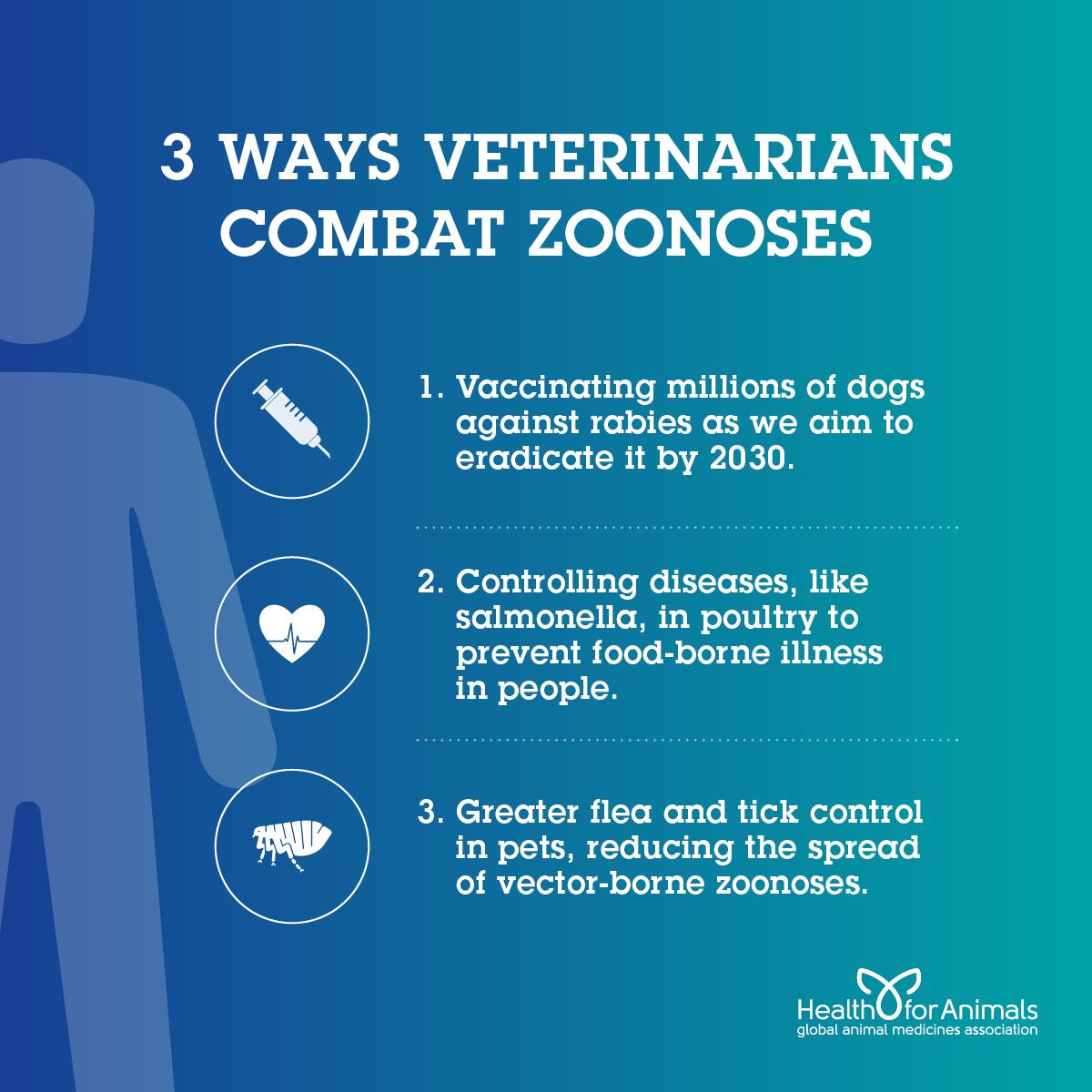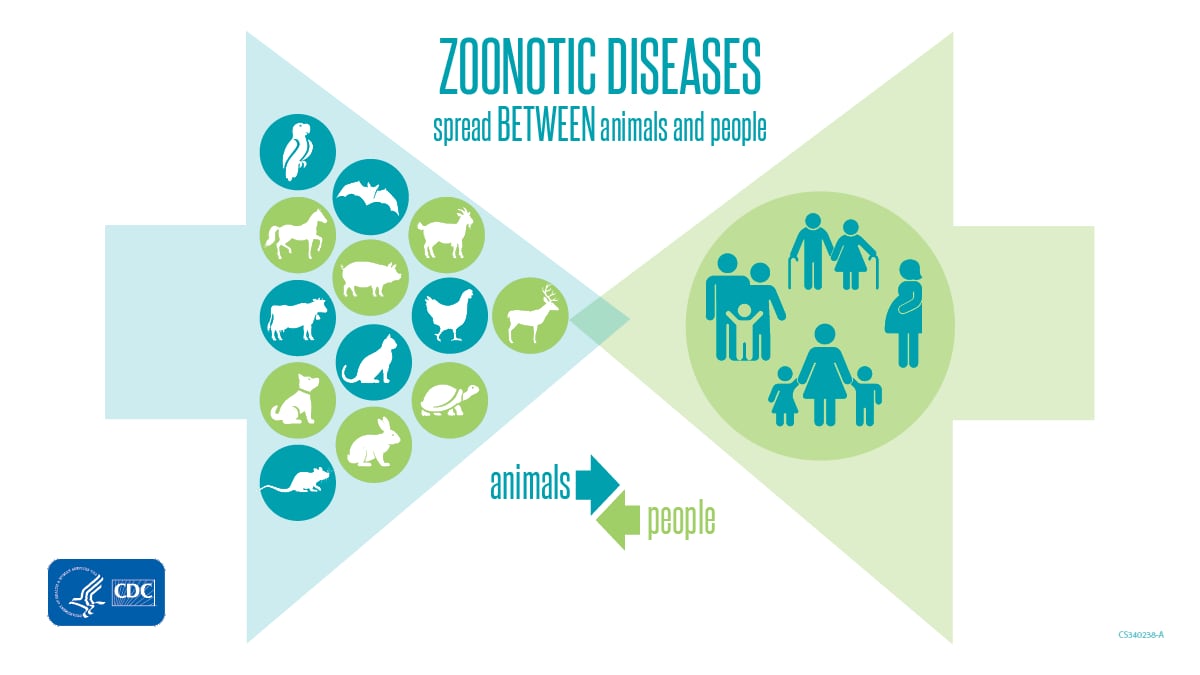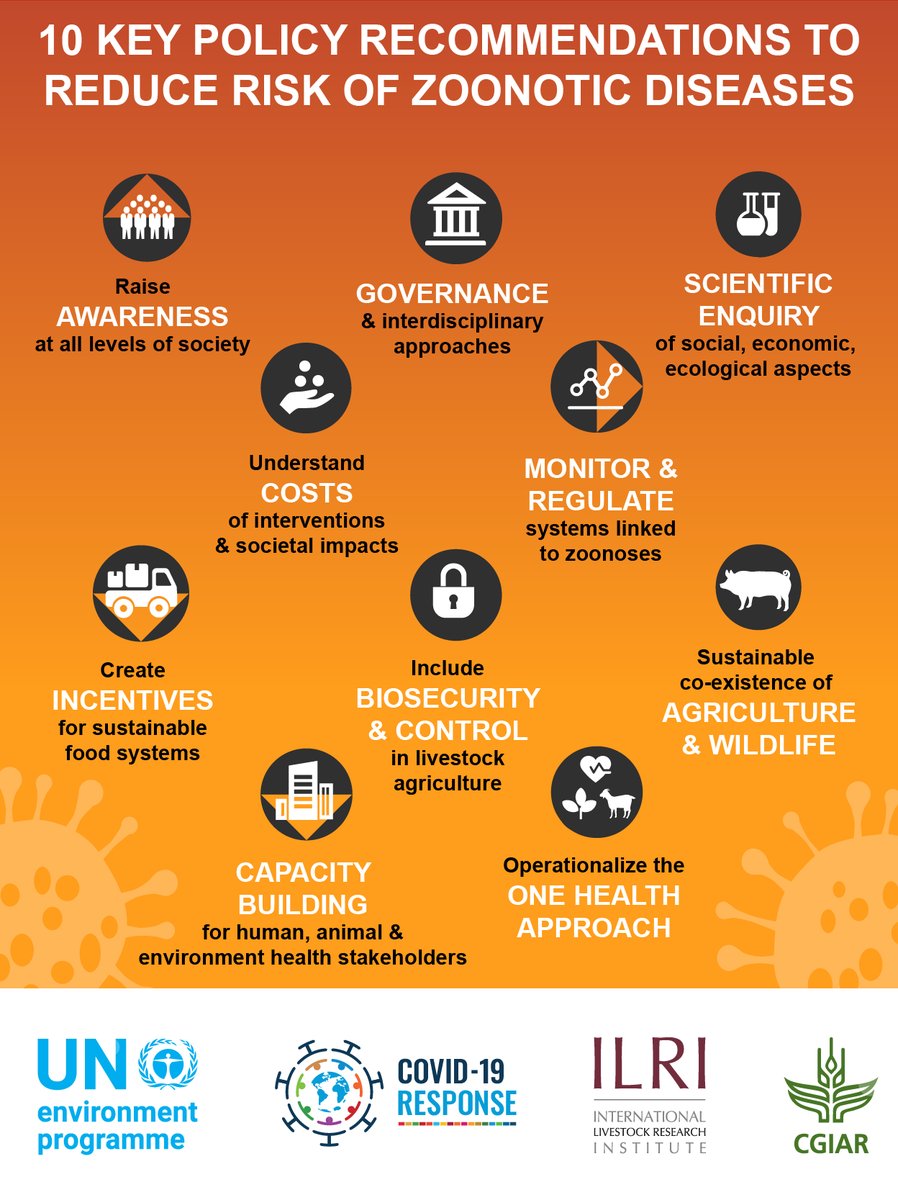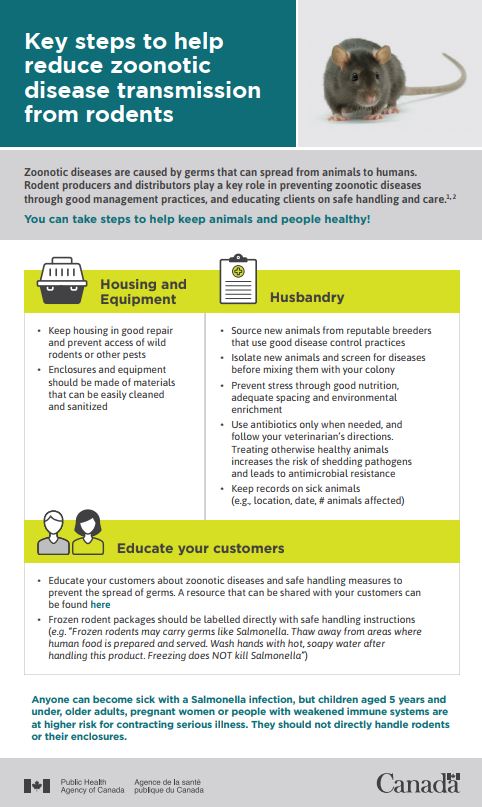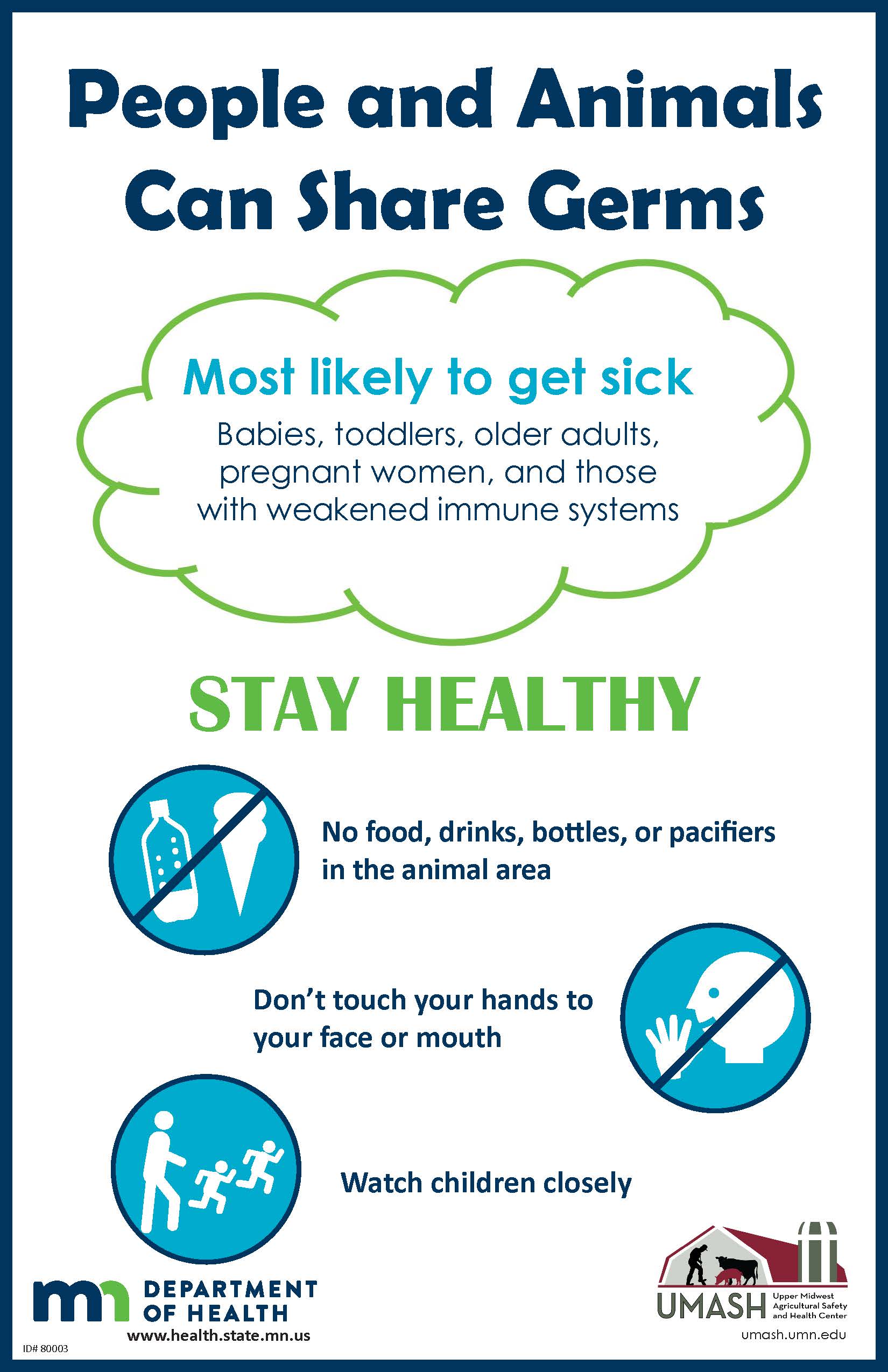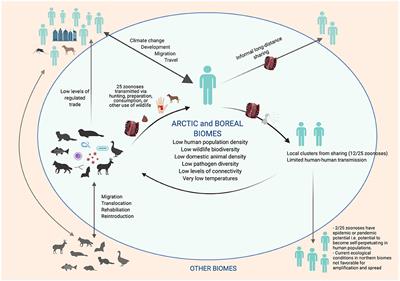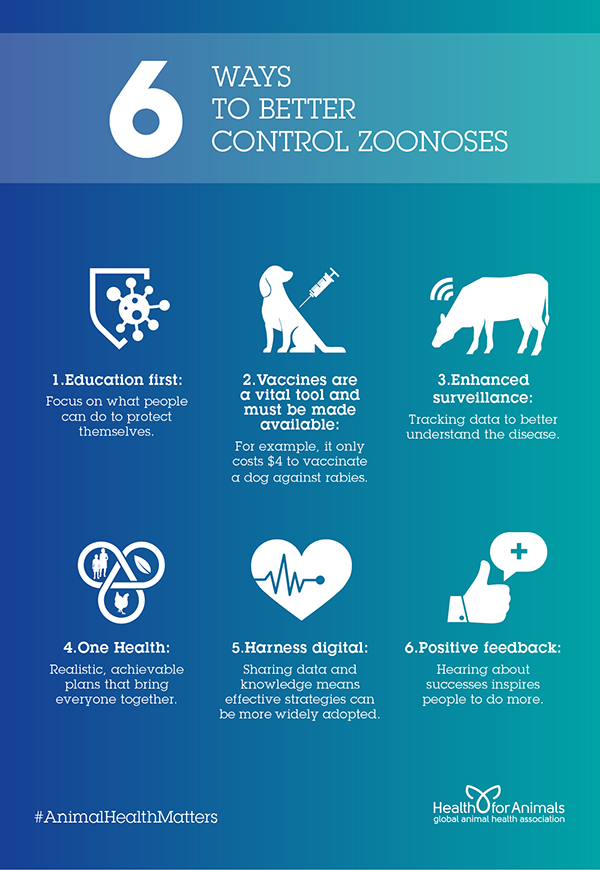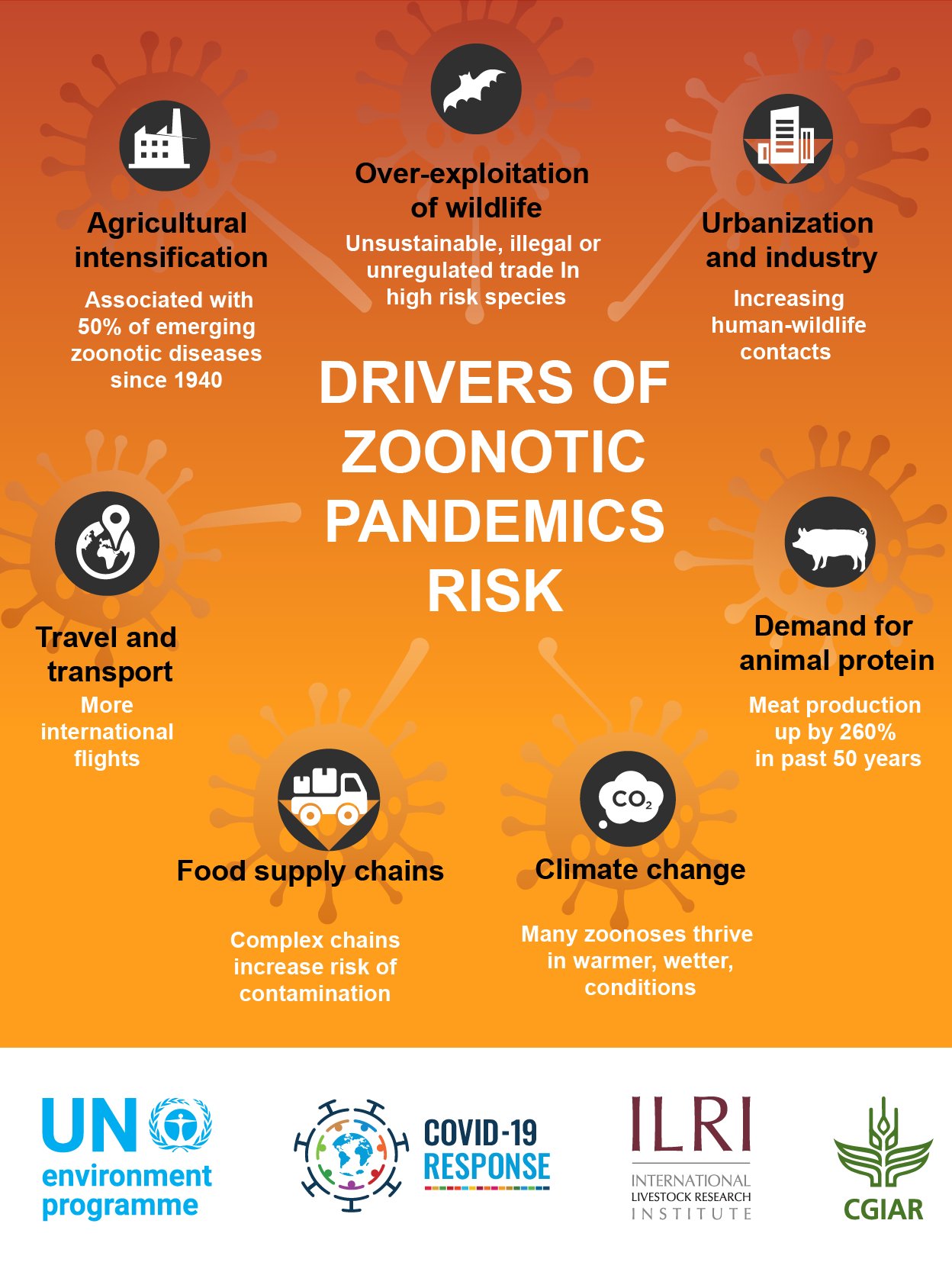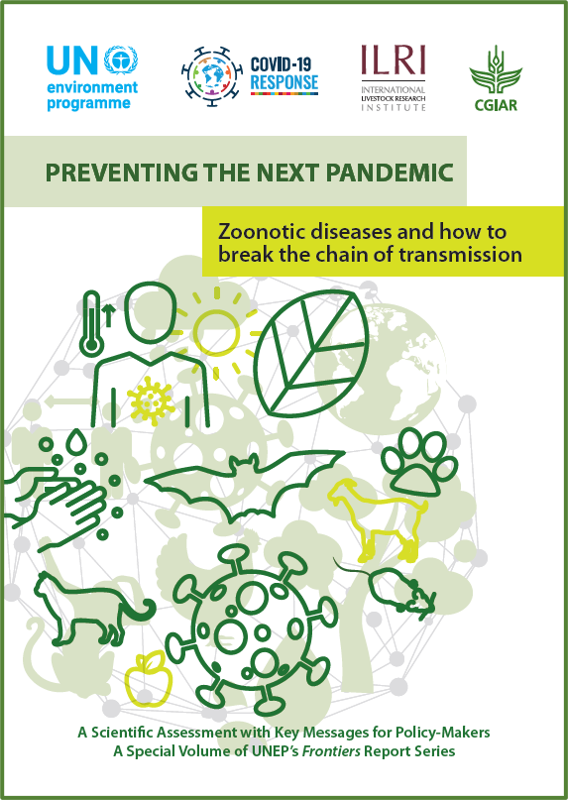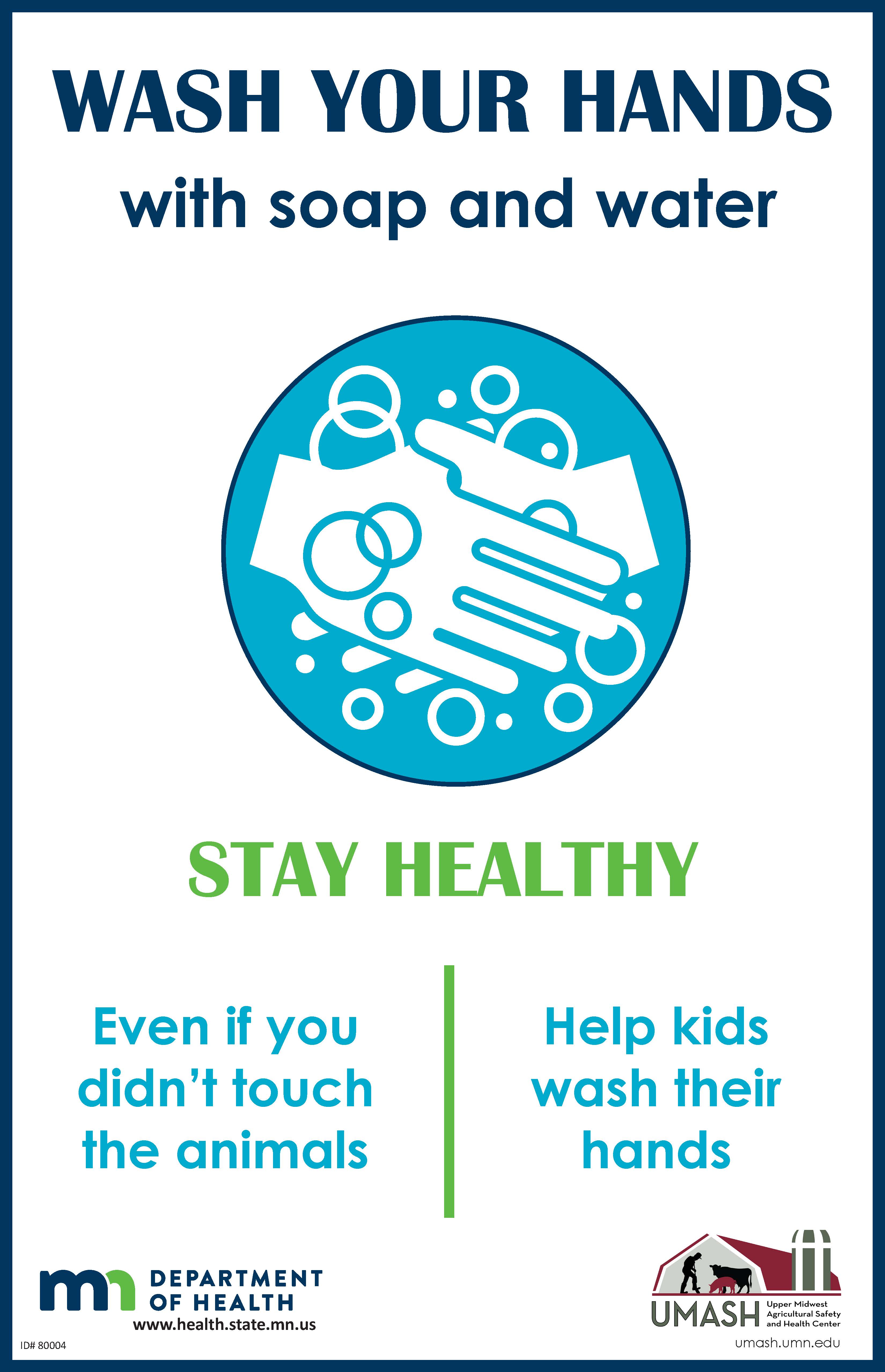Real Tips About How To Prevent Zoonotic Diseases
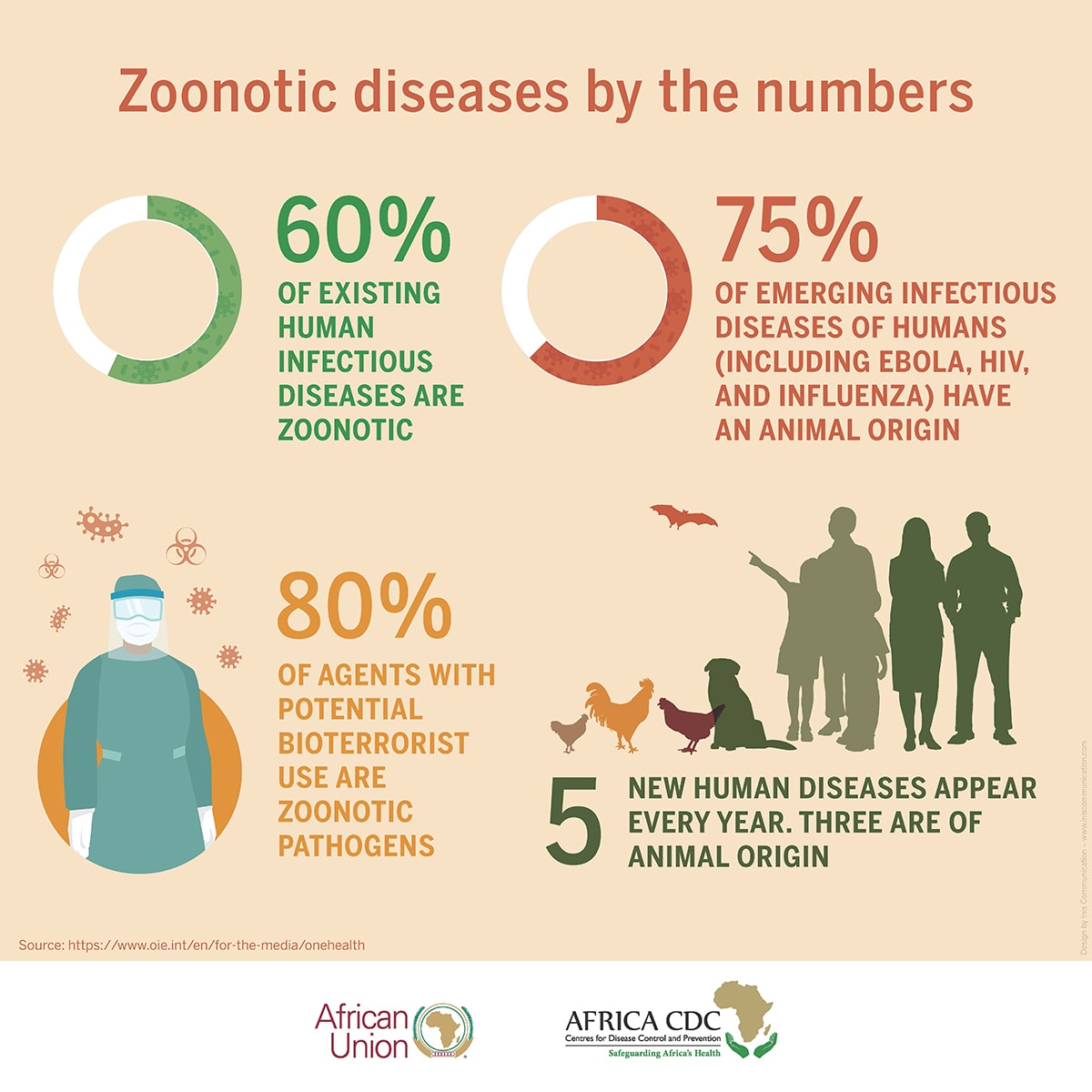
Ask your veterinarian for information, and about local risk factors from pets and wildlife.
How to prevent zoonotic diseases. Michigan state university extension recommends the following preventive measures of zoonotic disease: Wash your hands washing your hands is the single most important. Constructing the frameworks needed to.
“any time you have animals that you’re raising for food, you have some degree of risk for zoonotic disease outbreak,” says jan dutkiewicz, a postdoctoral fellow at concordia. And there are several ways to help prevent getting a zoonotic disease. Hunting is a safe, regulated, and legal activity which poses no risk to the spread of zoonotic disease.
Rearing pets with good hygiene practices as well as routine vaccination and medical checkup is needed to ensure their freedom from these kinds of zoonotic infections. Be sure that your pets, especially young puppies, are properly. One important step to protect yourself against zoonotic disease is to use insect repellents or protective clothing to keep away ticks and mosquitoes.
Wash your hands washing your hands is the single most important. How to prevent zoonotic disease. How to prevent zoonotic diseases?
Wash your hands frequently, especially after handling animals and. This report takes a step back and considers the root causes of the emergence and spread of the novel coronavirus and other ‘zoonoses’—diseases that are transmitted between animals and. Zoonotic diseases are pretty common around the world.
Do not eat or drink in the animal housing areas. Preventing zoonotic diseases requires coordinated actions by government authorities responsible for human and animal health. Proper personal hygiene wash hands before and after animal handling.

